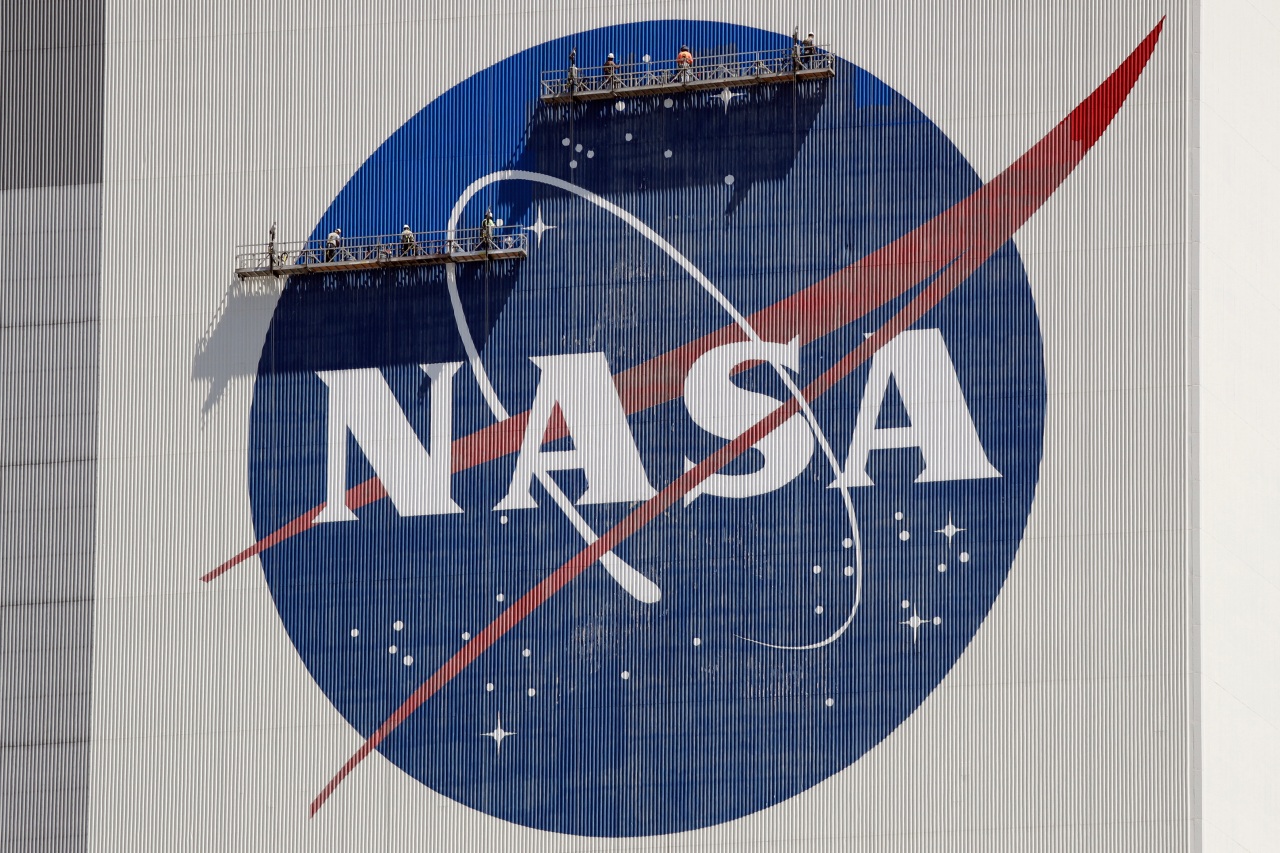This renewed interest in UFOs – excuse me, “UAPs” – is honestly pretty fascinating.
It’s clear that a nontrivial amount of UFO reports over the years have been “real” in the sense that there was really something there to be seen, but I’d figure most do have a completely mundane explanation – anything from prototype aircraft to weather balloons (har har.) Then there’s a few that seem to completely defy explanation, which is the fascinating part. Lately there’s been more official clips released, so it seems like it’s not quite as taboo of a subject and likely to kill your career as a pilot or whatever as it has been.
I have sort of a particular skeptical opinion on recent UFO disclosures. I’ve published it here:
- https://computer.rip/2023-02-14-something-up-there-pt-I.html
- https://computer.rip/2023-02-17-something-up-there-pt-II.html
It’s important to understand that we managed to get into a situation where the military performed essentially no collection or analysis of reports of unusual aircraft for nearly 40 years. I don’t think we should be too surprised by a significant revelation about advanced technology possessed by foreign governments after this period of time. At the same time, it remains very possible that these reports are mistaken. I expect that recent investment in UAS-detection technology will lead to a lot more empirical evidence in these kinds of situations, and then we’ll have a lot more to go on.
There’s definitely a chance that many sightings are just foreign (as in non-US in this context) technology, but I have some doubts about whether anybody could just secretly produce technology that seems to defy physics as we understand it today. Naturally it’s possible that some military lab in eg. China broke physics, just a bit unlikely.
I don’t think you need to break physics. A combo of unlikely events + high density energy sources + modern flight technology can give rise to things that might seem to ‘break’ physics as we encounter in day to day life normally.
Definitely. There’s the old line about being indistinguishable from magic, and I think it very much applies here. Fly-by-wire and algorithmic control of aircraft allows for some incredible feats of aerobatics that are hard for humans to imagine performing. We knew this I think over a decade ago now with MIT’s demonstrations of quadcopters performing sweet tricks, but for various reasons (that, personal opinion here, come down mostly to the near complete capture of military R&D by a small group of defense contractors with little motivation to perform actual R&D) we haven’t really tried that hard to apply this sort of technology to military aircraft. Some of the UAP documents from ODNI have, in my reading, supported this type of hypothesis. The key phrase “unusual flight characteristics or performance capabilities” in one ODNI report sounds to me like ODNI thinks they’re seeing behavior that is inconsistent with our current aerospace technology but not inconsistent with physics—in other words, someone knows how to do things that we don’t. It could be aliens, but…
If we assume that these orbs and other military UAP reports reflect genuine flying objects (and on the balance of the evidence I think they do), my money would be on China or Russia having invested a lot of time and effort into computational control of unmanned aircraft, probably integrating hypersonic aerodynamic research we know both countries have been performing (and have almost certainly surpassed the US on). The result, I think it’s pretty reasonable to imagine, could be compact unmanned aircraft capable of some really extreme maneuvers. There are plenty of open questions with this theory, like power sources, but I feel like it’s in the right balance of pushing the bounds of the possible without requiring off-planet intervention. Remember that the US fielded both low-radar-profile aircraft and extremely high altitude aircraft with a great deal of secrecy. These would have been quite UFO-like to the Soviet Union, but had perfectly rational explanations… just explanations that involved at least a decade of advanced R&D performed in secret.
More to the point, though, I think we have to be really careful with this “extreme flight characteristics means aliens” line of thinking. It’s exactly what got us into the situation where claims of UAPs were viewed with such skepticism that they were suppressed within the military. We have to admit aliens as a possibility, but China is a whole lot closer, and we know that she has a sophisticated and well-supplied military R&D program. Decades of research ought to have gotten them something, and it would probably look pretty weird to those of us not in the loop.
It’s a very interesting phenomena. I really don’t know what to think about it personally. But whatever it is we might soon have more scientific data on it thanks to the Galileo Project: https://projects.iq.harvard.edu/galileo/home
Oh interesting, I hadn’t heard of Galileo. Looks to be a more or less new project, but they’ve already got a bunch of publications out, and they’ve got some pretty ambitious goals, including building “new telescope systems to infer the nature of UAP” (from the Overview of the Galileo Project paper)
Yup. I love Avi Loeb because he’s one of the few well respected scientists that won’t straight up dismiss the possibility of something being of extraterrestrial or non-human origins. Which, IMO, is how science should handle cases like this. Leave all possibilities open until science points in a certain direction. I highly recommend listening to his appearances on the Event Horizon podcast: https://www.youtube.com/@EventHorizonShow/search?query=Avi Loeb
Interesting to see that they’re insisting on traditional academic journals instead of priority towards open access journals.
You’re referring to this bit from their ground rules?
The data or its analysis will be released through traditional, scientifically-accepted channels of publication, validated through the traditional peer-review process.
Personally I just read that as something along the lines of “we’ll be releasing through scientific journals as opposed to newspapers or tin foil hat zines” and didn’t take it as meaning they wouldn’t submit to open access journals
Yeah. I’m sure it due to incentives in that academia industry. Publish or perish means publish in journals with established credibility.
But it’s good that they don’t plan to release findings through news media.






